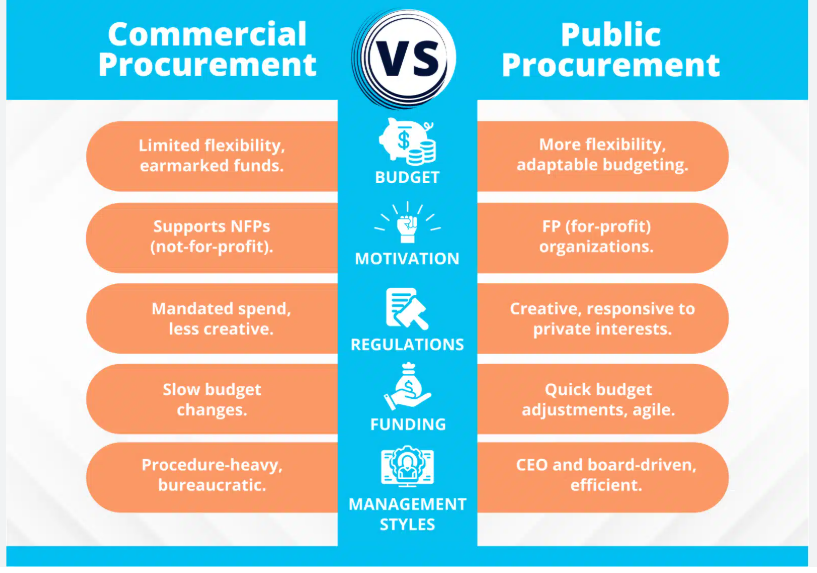This course provides an in-depth exploration of Operations Management, focusing on the design, control, and improvement of the processes involved in producing goods and services. Students will gain essential knowledge in key areas such as operations strategy, supply chain management, process design, capacity planning, quality management, and project management. The course emphasizes the integration of these concepts to achieve operational efficiency, align with organizational goals, and maintain competitive advantage. Through practical applications, case studies, and industry examples, learners will develop the necessary skills to manage and optimize operations in both manufacturing and service sectors.
Students will also explore modern trends in operations, including sustainability practices and the impact of digital transformation and emerging technologies. The course prepares students to make informed decisions that improve performance, reduce costs, and enhance customer satisfaction.
By the end of this course, students should be able to:
1. Understand the role of operations management in creating competitive advantage and achieving organizational goals.
2. Develop and implement effective operations strategies that align with business objectives.
3. Design and improve processes to enhance efficiency and effectiveness in both product and service organizations.
4. Apply techniques for capacity planning, process optimization, and inventory management to manage resources efficiently.
5. Forecast demand and plan accordingly to ensure the optimal use of resources and meet customer expectations.
6. Implement quality management principles to ensure products and services meet customer standards.

